Washington’s Dangerous China Consensus
Fantasies of national unity drive the bipartisan push for a new cold war.
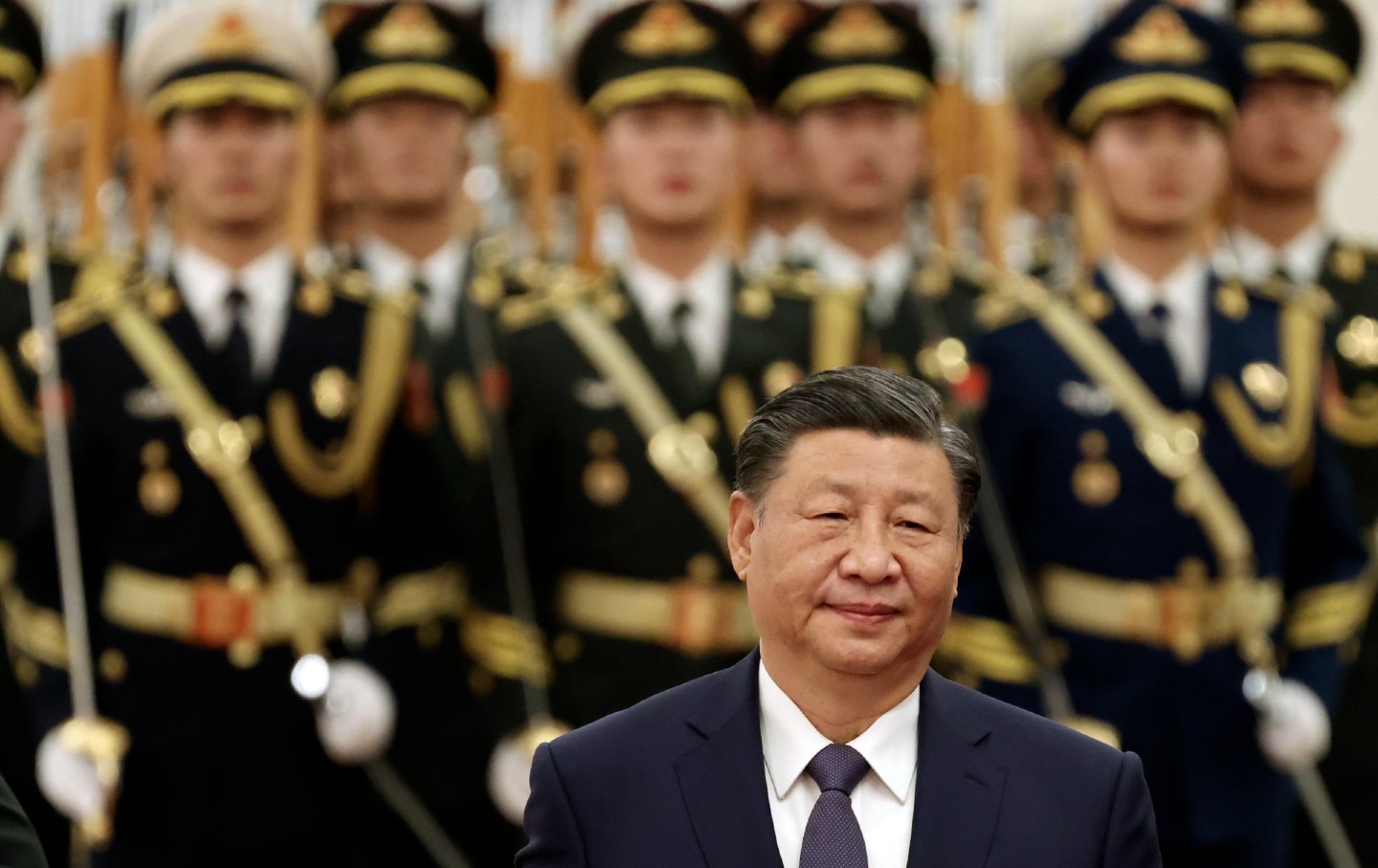
The United States is so polarized that it often seems on the verge of civic breakdown, if not civil war. But one issue still has the power to unite the political elite: the shared desire among Democrats and Republicans to engage in a great-power competition against China.
Internal division and external warmongering frequently go hand in hand. Indeed, the alleged China menace offers policymakers a very convenient foe—one that has to be fended off not just for geopolitical reasons but because the only way to keep America from falling apart is by mobilizing for war. In 2019, Steve Bannon candidly reflected that “in a country so divided…the thing that pulls it together is China.” In 2023, Joe Biden echoed this sentiment by asserting that “winning the competition with China should unite all of us.” Or as Randolph Bourne remarked over a century ago, “War is the health of the state.”
Although Donald Trump has reaped the greatest benefits from being a China-basher, the current policy shift started in the waning days of Barack Obama’s administration. In 2016, Secretary of Defense Ash Carter announced the “return to great-power competition” between the United States and China—a reversal of the rapprochement between the two nations that began under Richard Nixon in 1972. However much they differ on other issues, both Donald Trump and Joe Biden have maintained and intensified this framework of global rivalry.
For Trump, being anti-China is a way of raising the salience of his signature issues: economic protectionism, xenophobia, and foreign policy unilateralism. However repugnant this policy cocktail might be, it has turned out to be more politically successful than the Biden administration’s attempt to revive military Keynesianism by using anti-China rhetoric to build bipartisan support for a new era of spending on domestic rebuilding.
In 2022, then-Representative Stephanie Murphy (D-FL) reflected on the problems of this new consensus, noting that “no politician, Republican or Democrat, can be seen as soft on China, so that pushes us in the direction of not [discussing] smart policy, but politics.” If you want to liberate yourself from this intellectually stifling consensus, you have to turn to voices free from rote thinking or mainstream politics. Fortunately, relief is at hand in the bracing new book The Rivalry Peril: How Great-Power Competition Threatens Peace and Weakens Democracy, by the international relations scholars Van Jackson and Michael Brenes.
The United States and China are the world’s two most powerful countries and, unsurprisingly, have many areas of dispute. From the US point of view, China is militarily aggressive to its neighbors, a human rights abuser domestically, and a cutthroat economic rival. For China, the United States is a world-class hypocrite that talks up the liberal international order while repeatedly disregarding the principle of free trade and repeatedly waging or supporting wars of choice. Both sides have a point, but these are all issues that can be resolved through diplomacy.
Turning these policy disputes into a great-power competition has the same effect as the Cold War, raising the stakes on every disagreement via the risk of rapid escalation.
Jackson and Brenes persuasively demonstrate that the push to make rivalry with China the foundation of a unified domestic and foreign policy rests on an ill-informed nostalgia for the Cold War. For many in the policy elite, the Cold War was a blessed period of national cohesion and purpose during which a common enemy enabled the US to unite behind robust social spending, technological progress, and civil rights. It was the era of the interstate highway and the moonshot, of expanding universities and consensus politics—all conducted under the auspices of a Cold War that was effectively a long peace.
This halcyon view of mid-century America found expression in 2020 in the establishment journal Foreign Affairs. In an essay titled “The China Challenge Can Help America Avert Decline,” Kurt M. Campbell and Rush Doshi—who went on to become major shapers of Asia policy in the Biden administration—argued that the “arrival of an external competitor has often pushed the United States to become its best self.”
Jackson and Brenes do us all a service by reminding their readers that the actual Cold War—which saw 20 million dead in proxy wars as well as intense domestic repression under McCarthyism—was not, in fact, a happy period. Military Keynesianism only increased economic inequality, since it favored highly educated white workers and diverted the economy from a more broad-based redistribution. Civil rights activists were constantly under siege by a surveillance state empowered by anti-communist ideology.
In 21st-century America, the new cold war has also fueled domestic repression and increased the risk of foreign wars—while not creating any progressive consensus in favor of domestic spending.
Wars give a license to xenophobia. It’s hardly an accident that Trump, quick to blame China for everything from the fentanyl crisis to the Covid pandemic, is the dominant politician of the age. The current attack on pro-Palestinian students has its model in the ferocious purge of Chinese students that Trump launched in 2020. Nor is xenophobia exclusively a GOP vice. Early last year, Nancy Pelosi told Code Pink protesters calling for a ceasefire in Gaza to “go back to China where your headquarters is.” The first Cold War was a disaster. The second cold war, which is delaying efforts to tackle the genuine existential threat of climate change, could be truly apocalyptic.
Take a stand against Trump and support The Nation!
In this moment of crisis, we need a unified, progressive opposition to Donald Trump.
We’re starting to see one take shape in the streets and at ballot boxes across the country: from New York City mayoral candidate Zohran Mamdani’s campaign focused on affordability, to communities protecting their neighbors from ICE, to the senators opposing arms shipments to Israel.
The Democratic Party has an urgent choice to make: Will it embrace a politics that is principled and popular, or will it continue to insist on losing elections with the out-of-touch elites and consultants that got us here?
At The Nation, we know which side we’re on. Every day, we make the case for a more democratic and equal world by championing progressive leaders, lifting up movements fighting for justice, and exposing the oligarchs and corporations profiting at the expense of us all. Our independent journalism informs and empowers progressives across the country and helps bring this politics to new readers ready to join the fight.
We need your help to continue this work. Will you donate to support The Nation’s independent journalism? Every contribution goes to our award-winning reporting, analysis, and commentary.
Thank you for helping us take on Trump and build the just society we know is possible.
Sincerely,
Bhaskar Sunkara
President, The Nation
More from
Jeet Heer 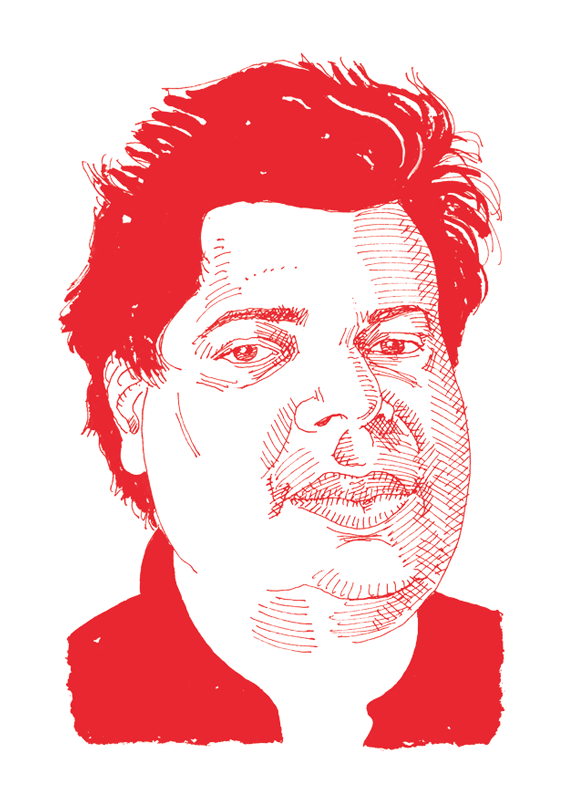
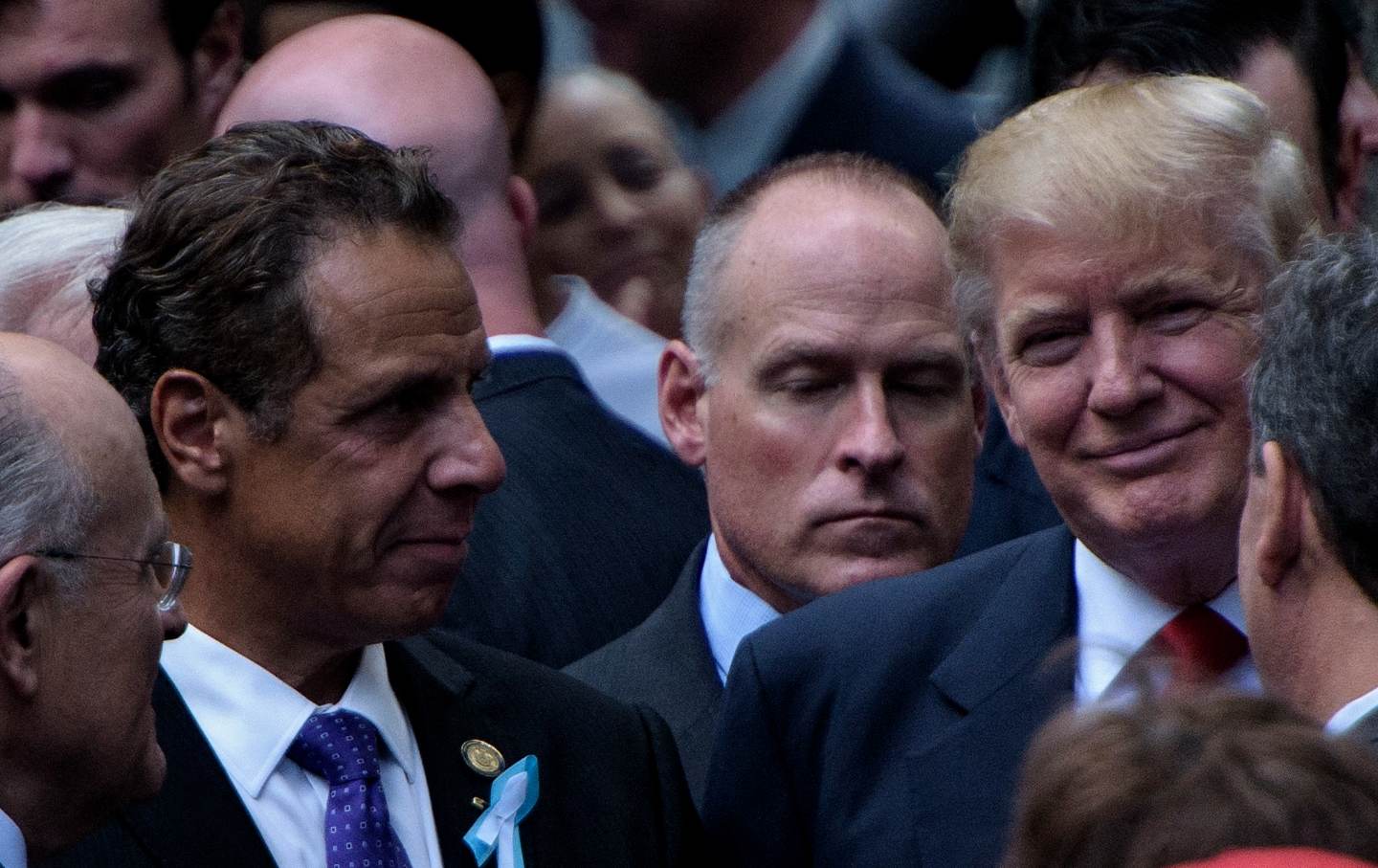
Andrew Cuomo Has Unmasked Himself as a Full-Blown Trumpist Andrew Cuomo Has Unmasked Himself as a Full-Blown Trumpist
The disgraced former governor is repeatedly proving just how similar he is to the disgraced current president.
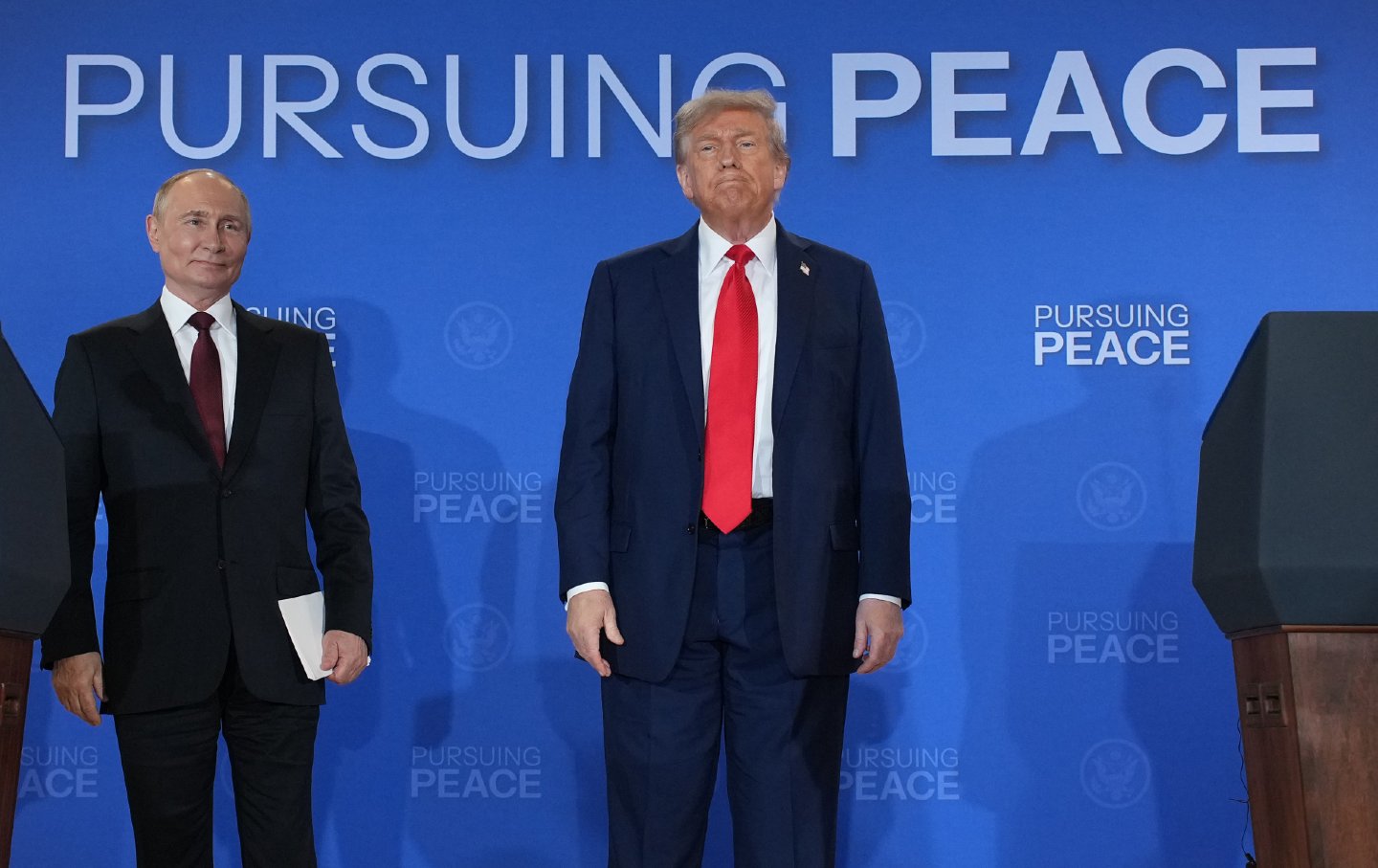
Trump Won’t Deliver Peace to Ukraine—or Anywhere Else Trump Won’t Deliver Peace to Ukraine—or Anywhere Else
No one can trust the United States when a fickle man-child controls its foreign policy.
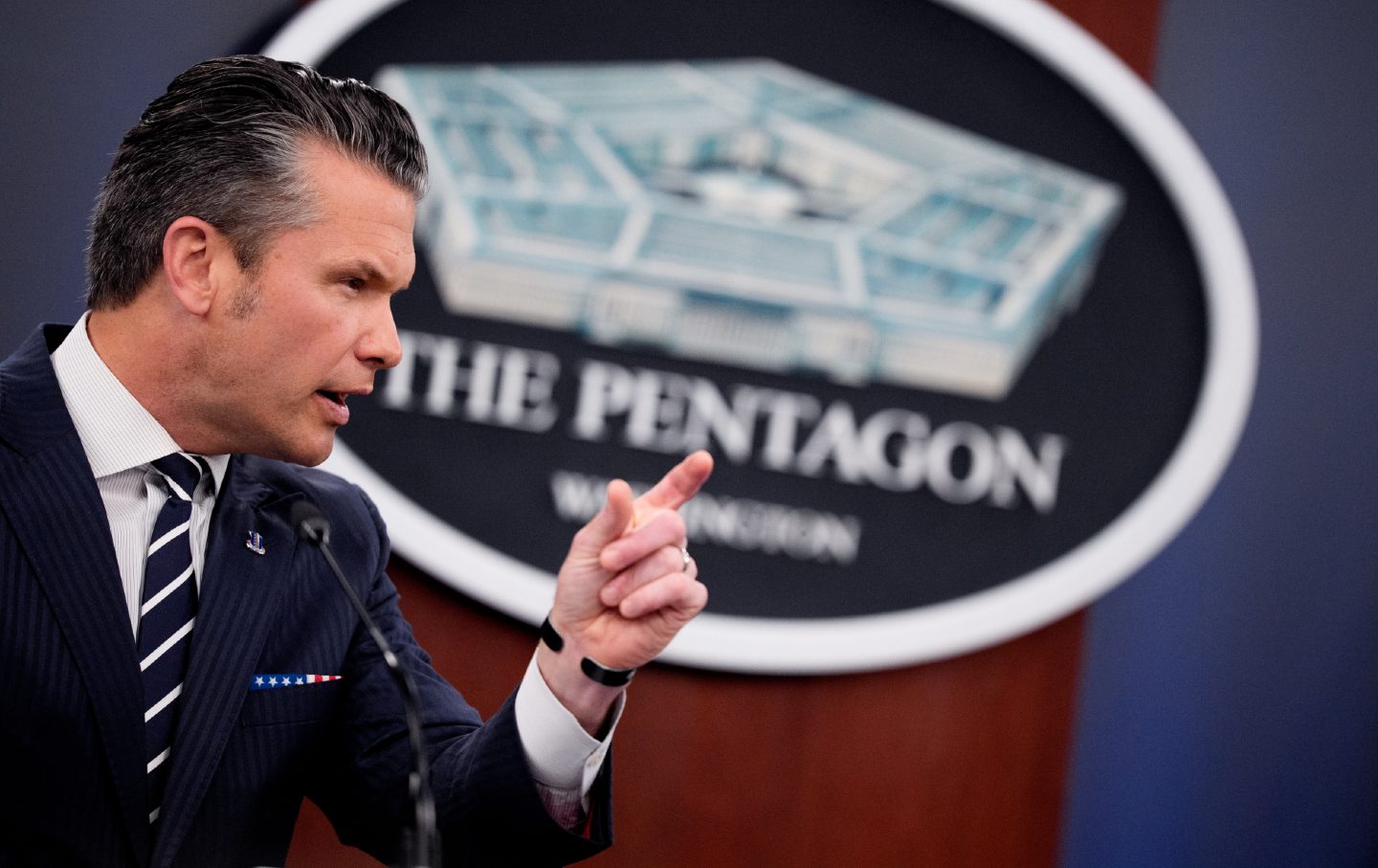
Pete Hegseth Is Creating a Patriarchal Pentagon to Fight Domestic Foes Pete Hegseth Is Creating a Patriarchal Pentagon to Fight Domestic Foes
The defense secretary fervently supports a theocratic church that preaches female submission.
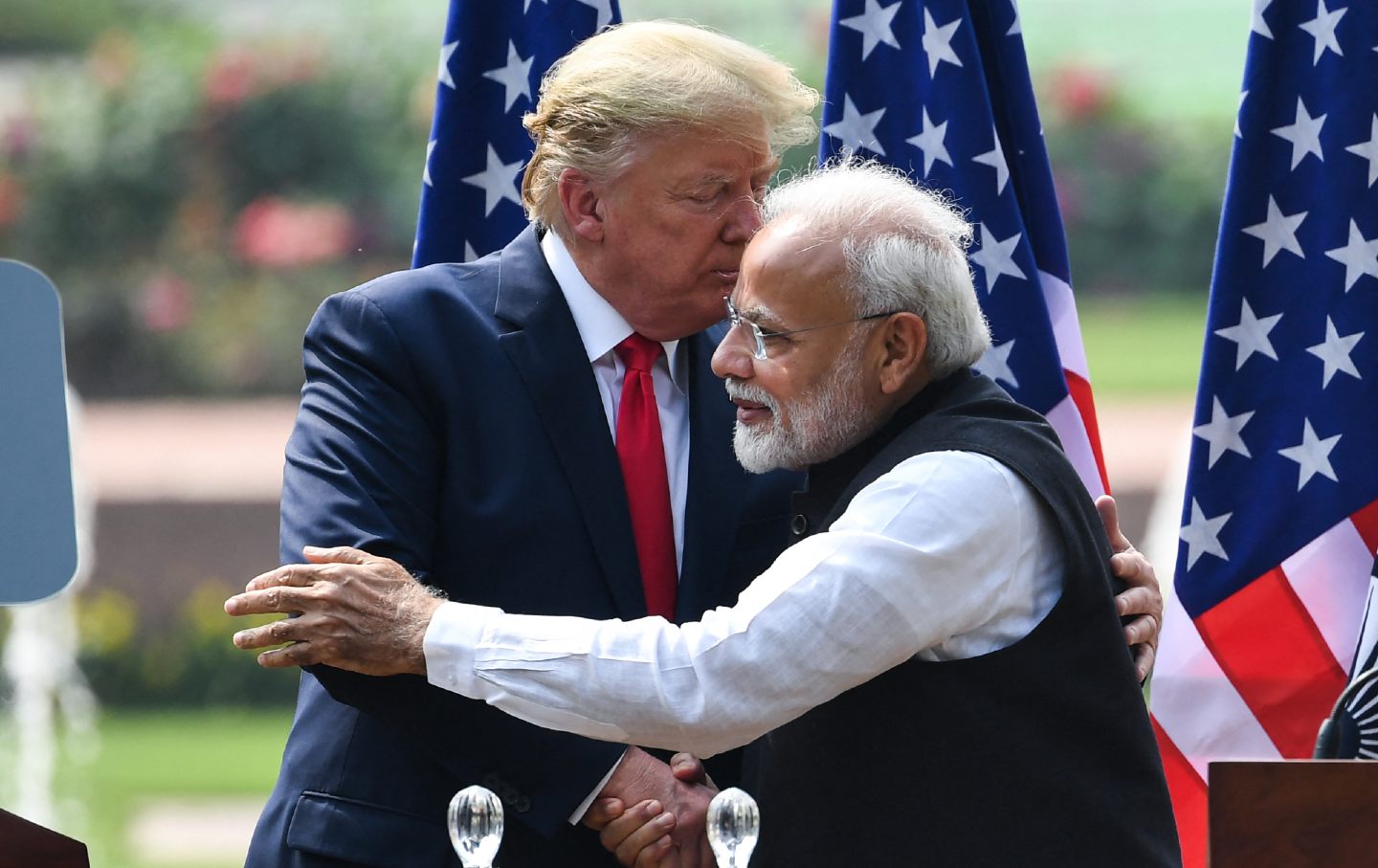
Narendra Modi Learns That Not Even Trump Respects a Bootlicker Narendra Modi Learns That Not Even Trump Respects a Bootlicker
The Indian prime minister discovers that the world’s biggest bully sees fawning as weakness.

Trump’s Regime Change Fantasy Involves Bringing Back the Shah Trump’s Regime Change Fantasy Involves Bringing Back the Shah
The United States and its allies are toying with liberating Iran with the help of some unsavory friends.

The Gaza Genocide Is a Test for American Democracy The Gaza Genocide Is a Test for American Democracy
The public overwhelmingly opposes the genocide, but the political elites help keep it going. Something has to give.


